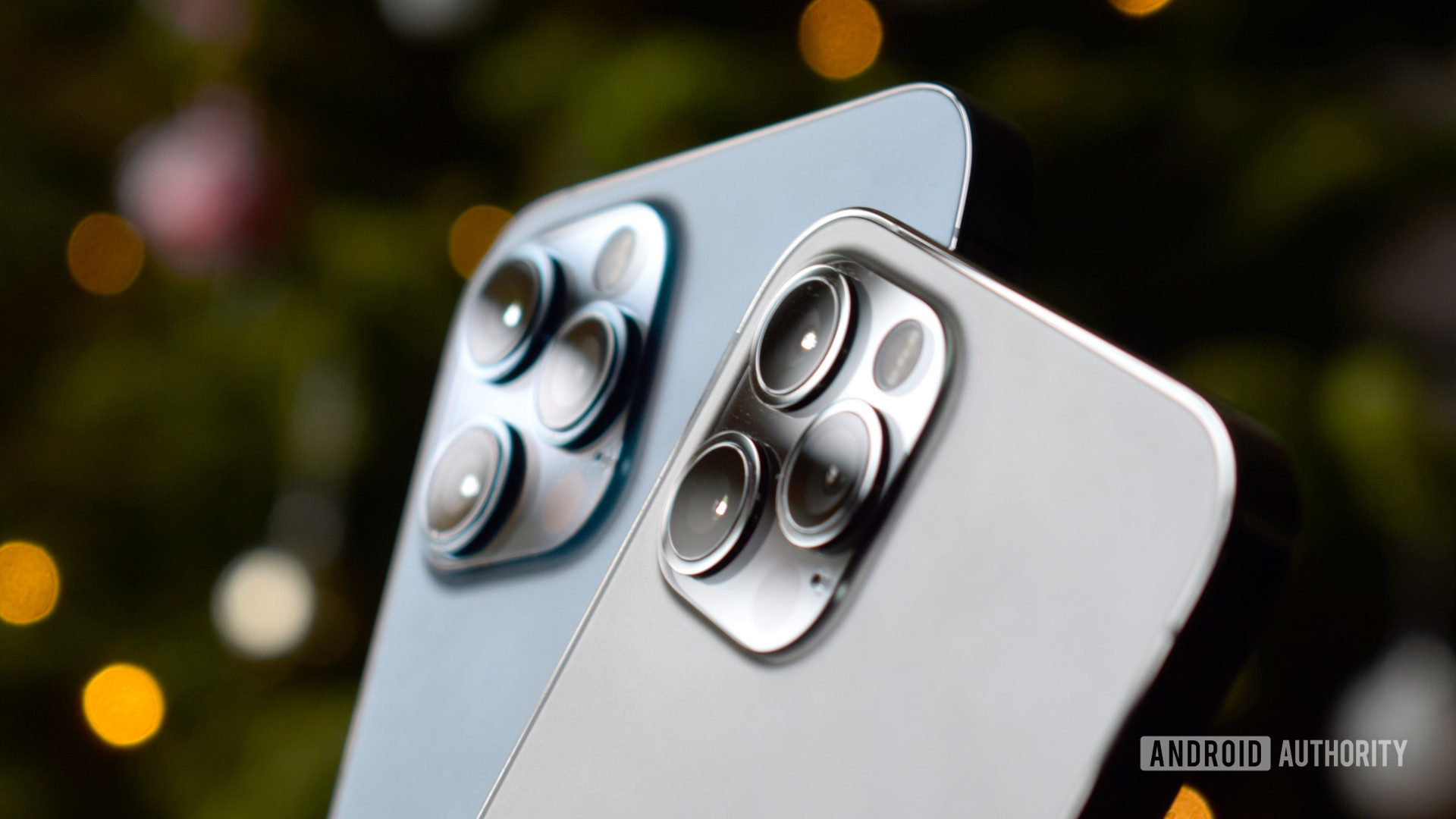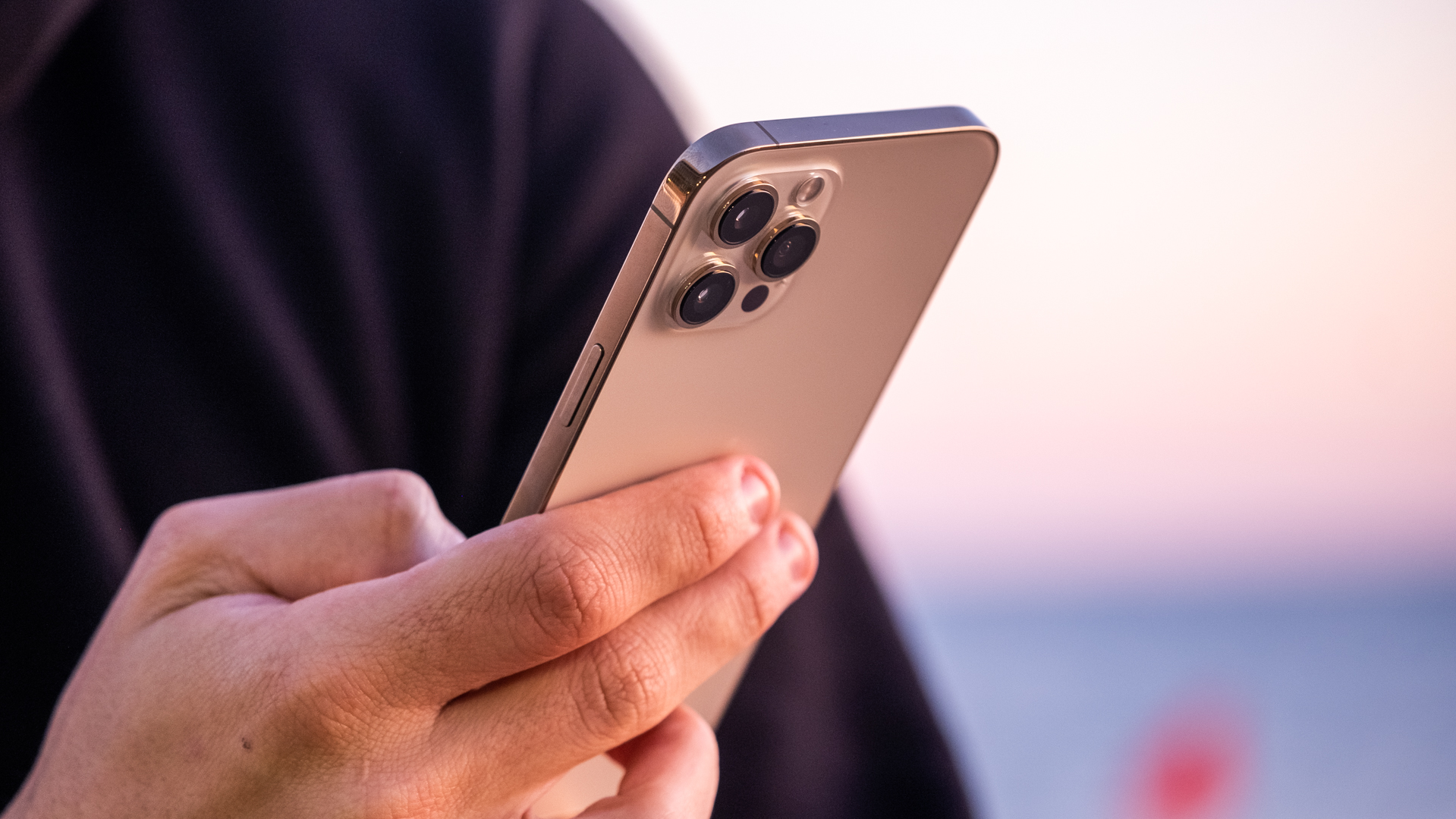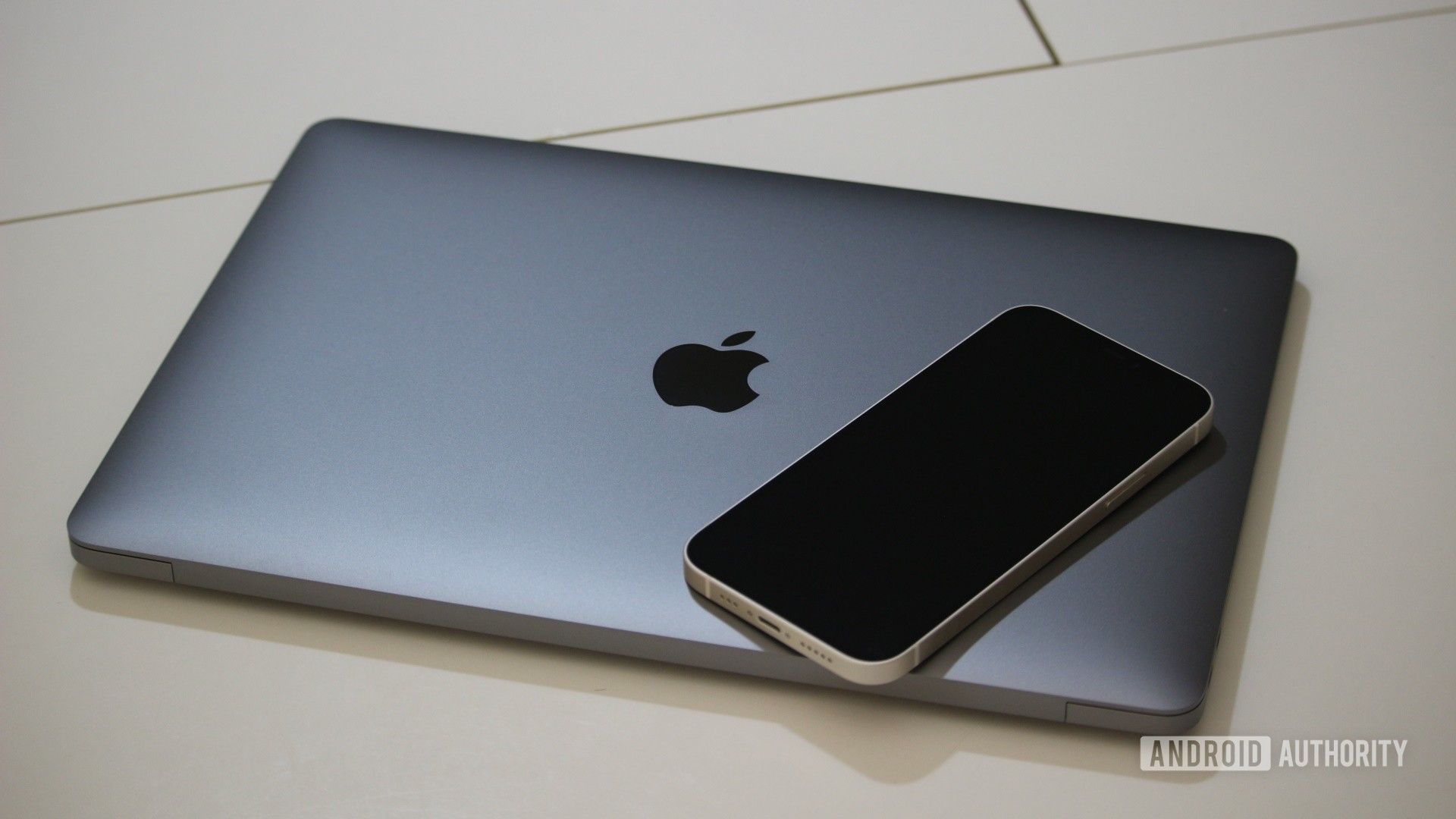Affiliate links on Android Authority may earn us a commission. Learn more.
Apple is more interested in protecting its fiefdom than it is in iPhone security

Apple wants you to know that it has your best interests at heart as it argues that sideloading apps onto the iPhone would be bad. In recent weeks, the company has gone on a PR blitz, highlighting the security dangers sideloading represents to iPhone security. The company isn’t wrong. Sideloading is a risk.
But it isn’t user security that Apple is truly concerned about here. While iPhone security surely is important, the revenue that comes in from the App Store is far more important to Apple. Allowing iPhone users to sideload apps could circumvent the App Store’s business model of taking a 30% cut of app fees. That’s the real issue, which makes Apple’s “think of the children” cries ring false.
What is sideloading?
Sideloading is the ability to install an application onto a device independently from an app store. In the iPhone’s case, sideloading is not allowed. The only way to get an app onto an iPhone is via the official App Store from Apple. You’d have to jailbreak the iPhone to install third-party apps from outside the app store.
Google runs things differently. Clearly, Google prefers that people download their apps directly from the Google Play Store, but there are easy ways around it. Users need only manually grant their phone permission to install from sources other than the Play Store, and voila, sideloading becomes a reality. Still, Google’s Advanced Protection Program will block the majority of sideloaded apps.
Apple screams, iPhone security!

According to Apple, the issue is iPhone security through and through. Sideloading apps opens up iPhone owners to all sorts of terrible danger if we’re to believe Apple’s rhetoric.
“Because of the large size of the iPhone user base and the sensitive data stored on their phones — photos, location data, health, and financial information — allowing sideloading would spur a flood of new investment into attacks on the platform,” said Apple in a screed published to its website today. “Malicious actors would take advantage of the opportunity by devoting more resources to develop sophisticated attacks targeting iOS users, thereby expanding the set of weaponized exploits and attacks that all users need to be safeguarded against. This increased risk of malware attacks puts all users at greater risk, even those who only download apps from the App Store.”
Apple goes on to point out that Android devices, by way of comparison, are 15 times more likely to have infections from malware — all due to sideloading.
The PR campaign isn’t limited to lengthy posts to its website. Apple has reached out directly to House Speaker Nancy Pelosi, reports The New York Times, to warn against certain types of regulation of the tech industry.
“Services”

Apple breaks its quarterly net sales into two large groups: products and services. The “products” category includes physical goods, such as the iPhone, iPad, Mac, Apple Watch, Apple TV, and other hardware. In its most recent quarter, Apple recorded some $72.7 billion in product net sales. The “services” category includes Apple’s software offerings, including iCloud storage, iTunes Music, the App Store, and other app-related services. In its most recent quarter, Apple recorded approximately $16.9 billion in services net sales.
$16.9 billion, or 18.9% of Apple's quarterly sales — that's what is at stake here. You'd protect that too.
A portion of that $16.9 million comes from App Store fees that Apple charges developers. For many apps that are paid or offer subscription services, Apple takes a cut of 30%. That means if you download Spotify from the App Store and subscribe to Spotify Premium via the app, Apple gets $3 out of the $10 that Spotify charges.
Some companies feel that cut is too much. One of them is Epic Games, maker of the popular game Fortnite, which has taken Apple to court over the fees. In fact, we can blame the Apple-Epic trial for the drama we see now. Apple has been on the defense since the trial, which has yet to render a verdict. In August 2020, Apple removed Fortnite from the App Store after Epic created its own payment system within the game, thereby getting around Apple’s revenue model.
Android users see sideloading as a bonus
In a recent poll, some 48.5% of respondents told Android Authority they consider sideloading a must-have feature. Some commenters noted they wouldn’t consider iOS explicitly due to its ban on sideloading.
Another 29.7% called sideloading a nice-to-have feature but not a necessary one, while 21.8% said they don’t care about sideloading one way or the other.
Apple is right to be worried

The Fortnite case could have a big impact on Apple’s bottom line. Fortnite argued that Apple acts as a monopolist in how it controls the App Store and how apps are delivered to iPhones and iPads. Others, including Facebook and Spotify, voiced support for Epic, reported Reuters last year.
While we don’t know what percentage of that $16.9 billion is made up of App Store revenue, the number cannot be discounted as insignificant. Apple stands to lose a lot, not just in terms of cash but control over its ecosystem. What we see now are signs that Apple feels backed into a corner. It’s prepping its claws for a fight. A fight that might have serious consequences, not just for Apple but for the mobile landscape at large.